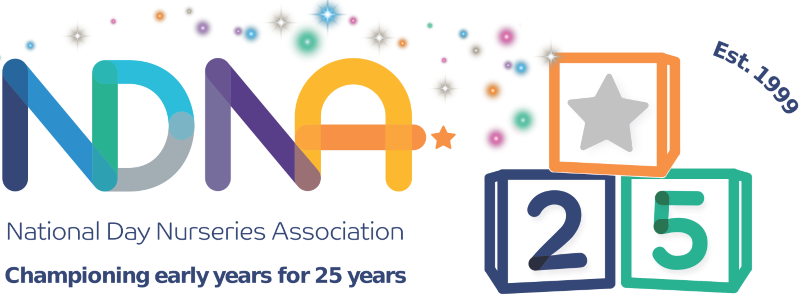
Early years investment is essential for children with special needs
The national charity, Cerebra, alongside The Challenging Behaviour Foundation, Council for Disabled Children, University of Warwick and Mencap, have published a new report: Investing in Early Intervention.
The report has examined the benefits in terms of health, wellbeing and quality of life that early intervention with targeted support can have on children with learning difficulties and their families. The report, is calling for commissioners to do more to ensure that this support is received at the right time and the right place.
From its findings, the report has suggested four ways to improve outcomes for children with learning disabilities:
- Empowering and equipping families to meet the needs of their child
- Investing in the wellbeing of family carers
- Workforce development
- Timely access to specialist support
The issues around accessing support for children with learning difficulties have also impact nurseries, who have found applying for SEND funding increasingly difficult. In March this year, the Government published the SEND Review: Right support, Right place, right time, a consultation on the special educational needs and disabilities (SEND) and alternative provision system in England, to address these issues.
In response to the report, National Day Nurseries Association Director of Quality and Training, Stella Ziolkowski, said: “Investing in early years is crucial, especially for those children who need additional support. Developmental delay often first comes to light in early years settings where professionals working with our youngest children are able to identify support needs through monitoring and observing children in meaningful play and through their interactions with others.
“Nurseries and early years professionals already do a lot of work with families in supporting their child where a need has been identified and engage with external services and other professionals to provide the right support to meet children’s needs.
“However, there are many challenges which make this much harder for families and providers. The waiting time across local areas for professional intervention differs greatly and often takes a long time before intervention can begin. Insufficient funding to fully support children’s needs is also a challenge. Government and local authority funding doesn’t always cover the support children need and this then often falls to the setting or families to provide out of their own funds.
“Providing children with the support they need in their earliest years really makes a difference to children lives. Where the right interventions have been put in place children are developing and more prepared for the transition to school and as lifelong learners.
“What also needs to be taken into account is that although some children may not be considered SEND, there is so much more emotional support required at the moment with all children, particularly those who have not been in any type of childcare during Covid. There are so many children who are needing 1:1 for much longer periods to settle them in and ongoing.
“While we recognise the government is consulting on SEND currently, children are losing out now while we are awaiting the outcome of this consultation. Sufficient investment and resources must be in place now to help all children, along with specialist training and support for the workforce.”
As part of the Government’s SEND review, they have launched a consultation to hear back from the community. NDNA will be responding to the consultation on SEND and we are asking all our members to give their opinions too. You can access the consultation here.
View the report here
- England
Similar Articles
New research shows early maths intervention gives children sustained progress

Stephen Morgan MP officially Early Education minister

